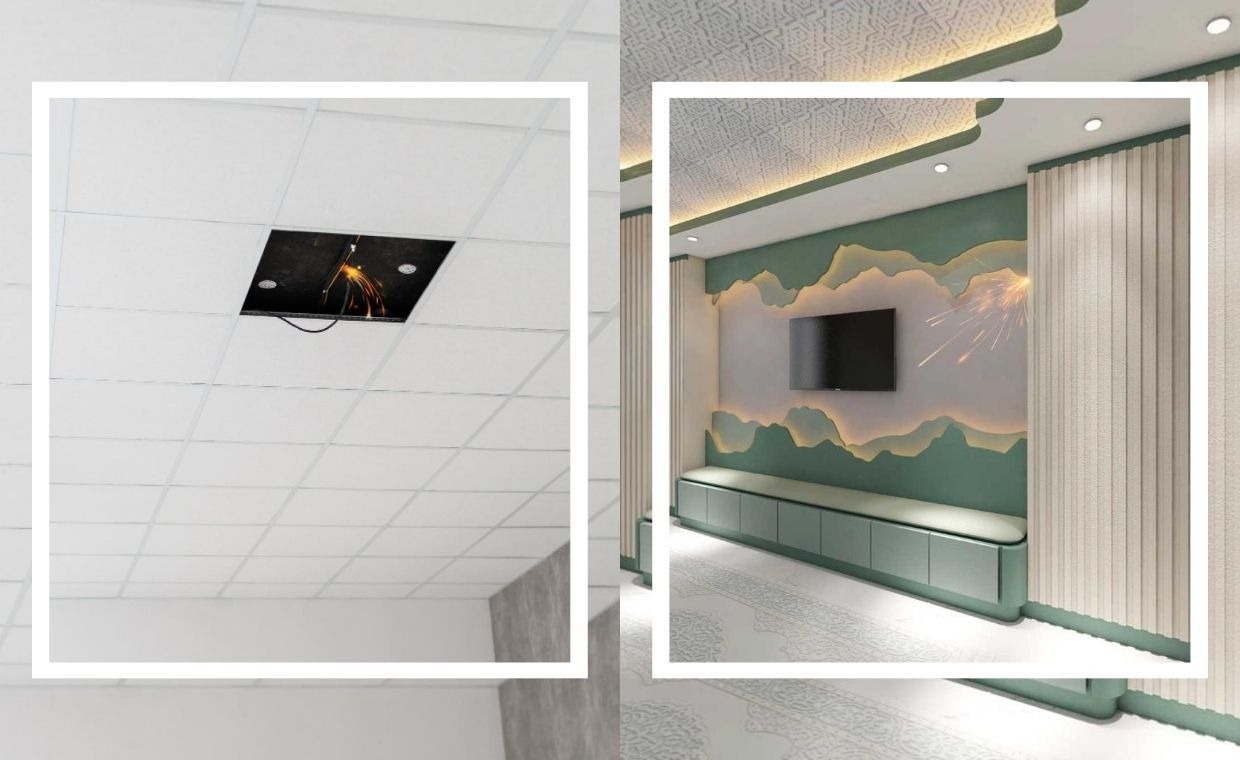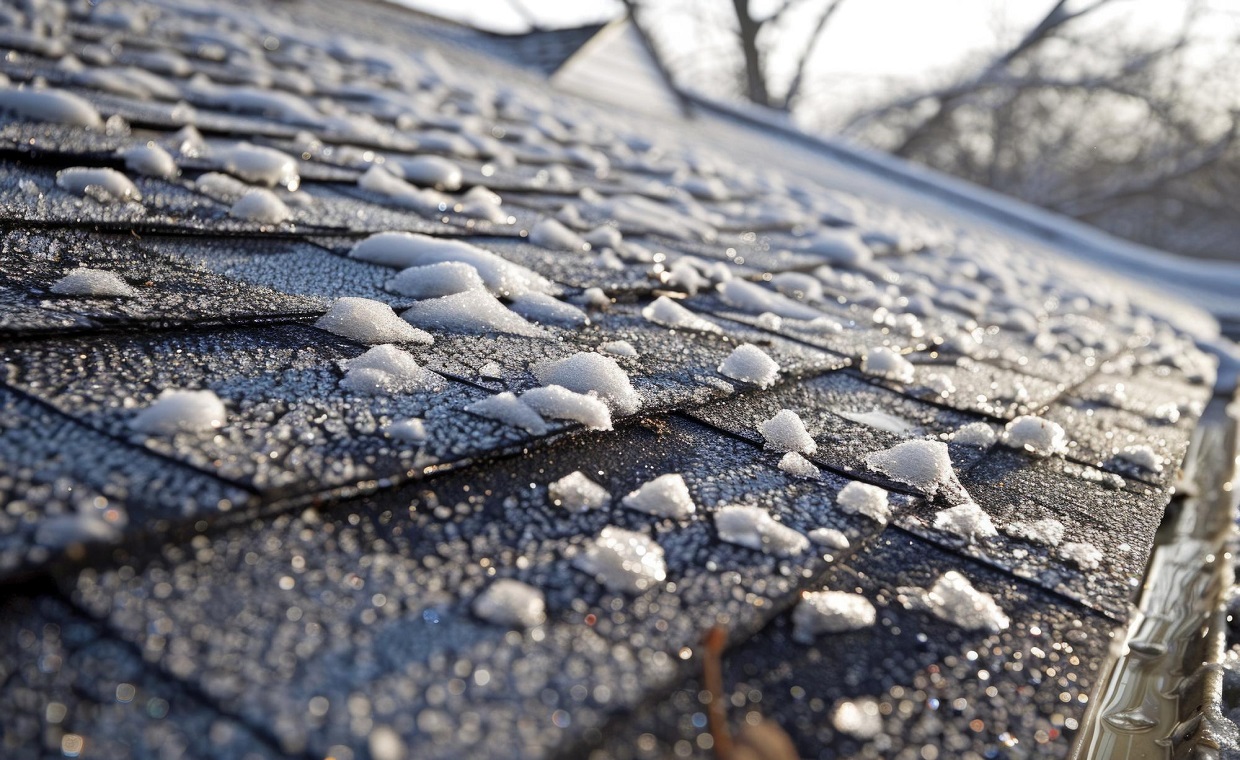
Table of Contents
Central heating’s awesome for keeping houses nice and toasty, especially when it’s chilly outside. But as these systems get older, they might not work as well and could start using more energy, which means bigger energy bills.
Old parts might not do their job anymore, and then you’ve got to decide if you should fix them or get new ones. Keeping your home comfy without spending too much is key, and old systems can struggle with that.
This article’s here to help you figure out whether you should replace or repair your central heating system so you stay comfy without wasting money. Let’s check out the things you should think about when making this choice.
The Role of System Age in Decision Making
Figuring out how old your heating system is can really help you decide what to do next. If it’s been around for over 15 years, it might be using loads more energy, which bumps up your bills. Plus, old systems tend to need fixing more often, which can get pricey.
Like, if your boiler’s been chugging along for 20 years, it probably isn’t heating as well as a newer one, meaning more and costlier repairs. Newer systems use cool tech to be super efficient, possibly saving you up to £300 a year on energy!
In the end, constantly fixing an old system might end up costing more than just getting a new one. It’s smart to keep an eye on how old your system is and how often it’s been repaired. This info is key when thinking about fixing or replacing it.
Real-life stories show big savings with new systems. Families swapping their old 20-year furnaces can save a lot each year because new ones work better, cutting costs and upping comfort. So, checking your heating system’s age is super important for making a good call.
Frequent Breakdowns and Repair Costs
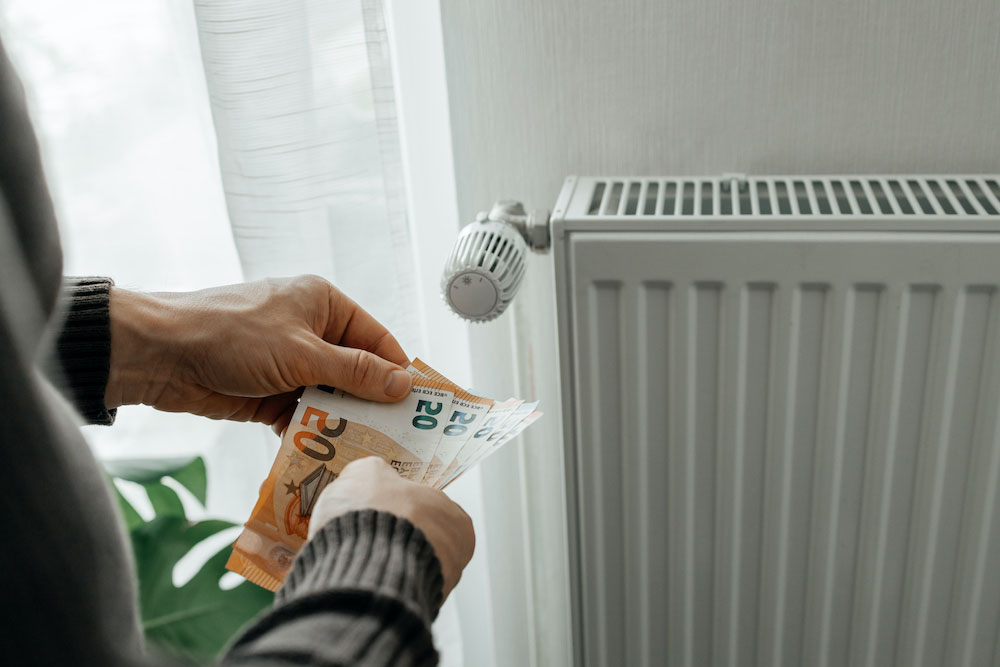
When your central heating keeps breaking down, it’s not just annoying – it can mess with your bank account too. If you’re fixing it more than once a year, maybe it’s time to think about getting a new one.
Repairs can really add up, and sometimes it’s cheaper to just get a new system. Keep track of things like when you get it fixed, how much you pay, and if the same problems keep popping up.
Take a moment to see if dealing with constant repairs is worth it compared to getting a newer, better system.
Chatting with a heating expert to check the costs of fixing versus replacing can really help. Don’t forget to think about both your comfort and your wallet when deciding what to do with your heating system. You want to make the choice that fits your needs best.
Energy Efficiency and Its Cost Implications
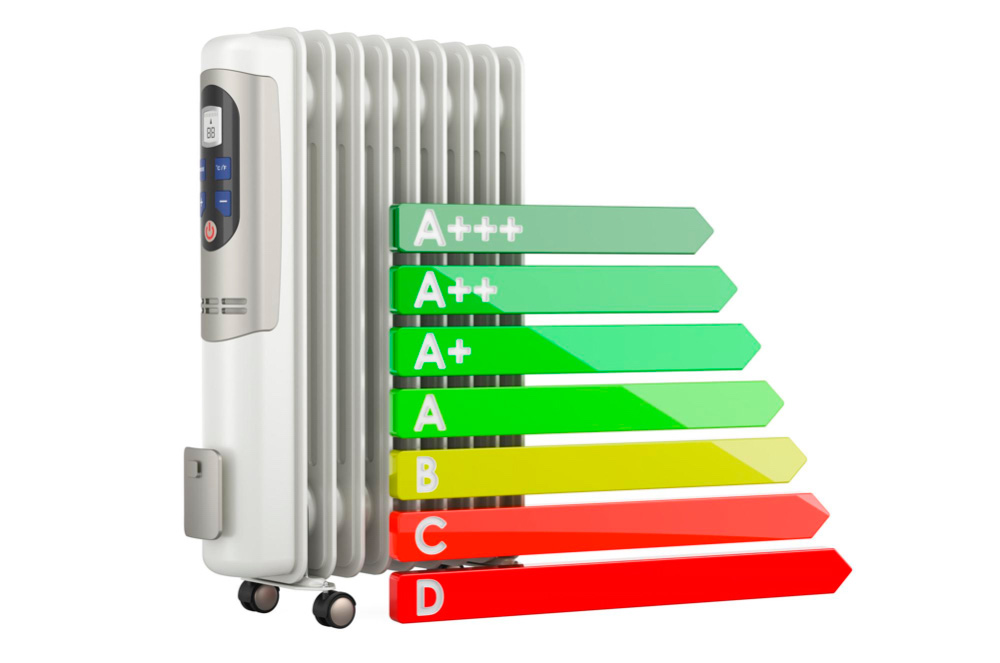
Keeping your heating system energy efficient is super important for controlling energy bills and helping the environment. If your system’s not working well, it’ll use more power and cost more money.
In the UK, you can check how efficient your boiler is with the SEDBUK rating—the higher, the better for your wallet and the planet. If you notice your energy bills suddenly going up, it might be because your system’s working too hard.
It’s a good idea to see how your current system stacks up against newer ones, as they usually work better. Switching to a new, more efficient system might seem pricey at first, but it can slash your bills by up to 30% eventually.
Plus, you might find some deals or rebates to help with the cost. Going for high energy ratings isn’t just good for your bank account; it also helps the environment. Understanding this stuff makes it easier to see how efficiency equals savings, which is key when picking a new heating system.
Safety Concerns: Why Replacement May Be Necessary
Old central heating systems can be risky, with potential gas leaks and carbon monoxide issues. New models come with smart features like sensors and automatic shut-offs for added safety. It’s wise to have a professional check your system yearly.
Avoid quick, cheap repairs; they may cost more over time. If your system is showing its age, consider an upgrade. Take the example of a London family who found a small gas leak and chose to replace their old boiler.
Prioritizing safety is always a smart choice. Give your system a check and think about an upgrade for peace of mind.
How System Type Influences Replace or Repair your Central Heating System Decisions?
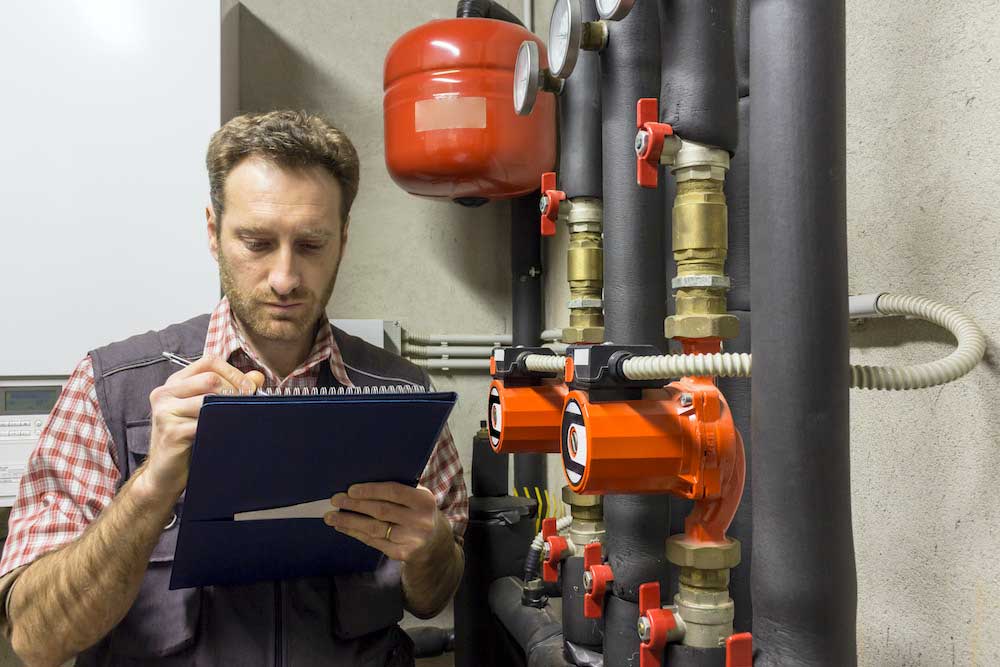
Understanding the type of central heating system you have is key if you’re thinking about fixing or replacing it. Each type – gas, electric, and oil – has its own perks and downsides.
Gas heaters are efficient and cheaper to run, but they can be pricey to set up, and you might need a pro for maintenance. Electric ones are easier and cheaper to install but can hike up your electricity bill.
Oil systems are popular in the countryside since fuel is easy to get, but they need regular maintenance, and oil prices can jump around.
1. Consider Your Needs and Preferences
When you’re choosing, think about what you need now and later. Check out the latest heating tech like smart thermostats and zoned heating that can save you money and make things comfier. Chatting with a professional can help you see if a new setup fits your home.
2. Long-term Savings and Efficiency
Picking the right system can save you loads of time and cash. New technology not only makes your home comfier but also boosts efficiency, giving you peace of mind and saving money over time.
Staying updated on new features can show you how they can make your home’s heating better, helping you decide smartly.
Benefits of Modern Heating Systems
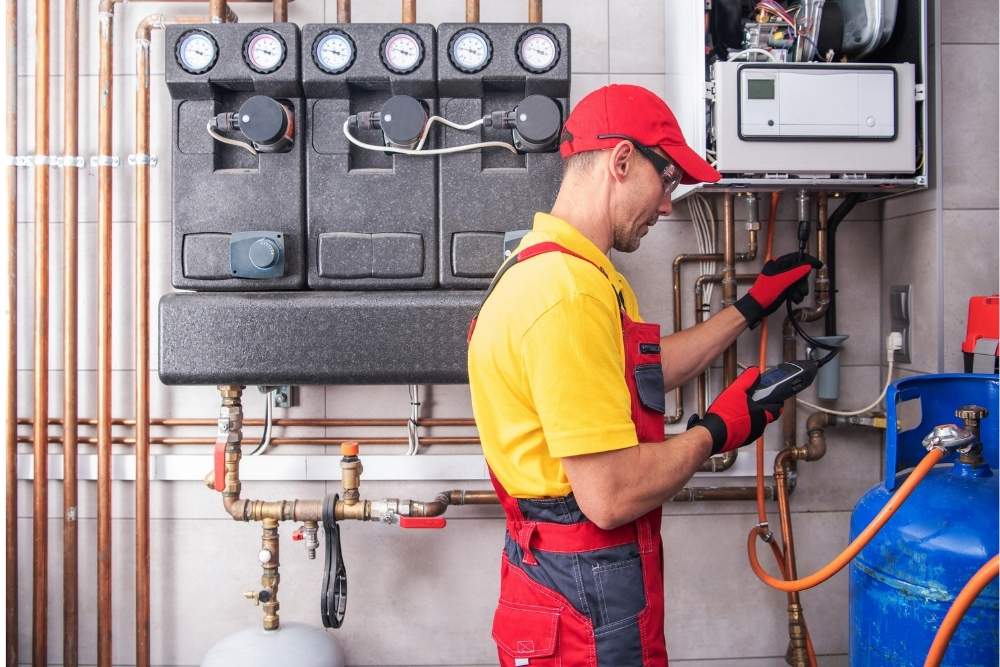
Modern heating systems come with loads of perks you should think about if you own a home. They make your place comfy and are good for the planet, using less energy and lowering your impact on the environment.
1. Enhanced Features and Energy Savings
With cool tech like smart thermostats, these systems learn your habits and adjust the heat, possibly saving you up to £200 a year just by tweaking when and where the heat’s on.
You can even heat different parts of your house to different temps, so you’re cosy where you need it and saving energy elsewhere.
2. Financial and Environmental Gains
Going for a modern system isn’t just about feeling good now; it’s a smart move for saving money and being eco-friendly long-term. Lots of these systems use green fuels or recycled materials, cutting down their carbon footprint big time.
3. Professional Guidance and Added Value
Checking out different options and chatting with heating experts can help you find the best system for you. Many of today’s systems have solid warranties and great customer support, giving you added value and peace of mind.
Upgrading to a modern heating system means better comfort, cost savings, and being kind to the environment. Keeping up with the latest tech makes your home ready for the future, efficient, and green.
Conclusion
When you think about replace or repair your central heating system, it’s key to think about how old it is, how well it works, how safe it is, and how much it costs. If your system is over 15 years old, it might use more energy and could be risky, like with gas leaks.
Spending on a new, efficient system could save you money and make your home comfier. Chat with the experts to see what your options are, so you can make a smart choice. Checking out your current setup now could lead to better things later.
So, why not take a look at your heating system and maybe consider some modern options to keep your place cosy and safe?
Also Read: How to Keep Your Heating System in Top Condition?























